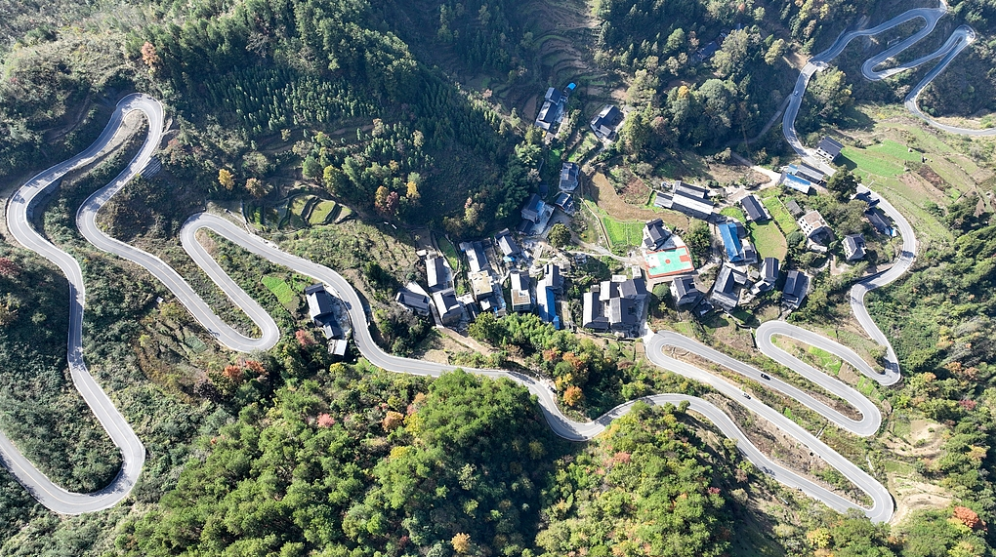China built 1.4 million kilometres of rural roads in 10 years
China's State Council released a white paper on rural road construction. Between 2013 and 2023, paved roads expanded by 21.7 per cent. Road construction is another of Beijing’s cards in cooperation with developing countries within the Belt and Road Initiative.
Beijing (AsiaNews) – China has not only built large and futuristic bridges and highways around big cities but also thousands of kilometres of rural roads, this according to a white paper released today on rural infrastructure construction.
Since 2014, more than 1.4 million kilometres of rural roads have been built or improved. Thus, by the end of 2023, China’s road system now extends to 4.6 million kilometres, up by 21.7 per cent in the last ten years.
All towns and villages where conditions allowed can now be reached by paved roads, with bus services established between 2019 and 2020, says the report titled China’s Rural Roads in the New Era, published by the State Council Information Office, China's cabinet.
“Better transport has cleared the bottlenecks that had long delayed economic and social development in poor areas, and has laid a solid foundation for rural people to realize moderate prosperity in all respects,” reads the paper, which claims that infrastructure development has attracted capital and talent to the countryside, creating more job opportunities,
According to the study, construction projects employed about 80,000 people, raising per capita income by about 8,500 yuan (US$ 1,180). Another 850,000 workers have been hired to operate and maintain roads with an average annual income of about 13,000 yuan (just under US$ 1,800).
Road construction is part of the government's plan to modernise remote areas and develop tourism by exploiting the countryside’s distinctive resources.
The white paper also highlights how China is trying to transfer this experience in cooperation to developing countries; examples of this include the Surabaya-Madura bridge in Indonesia and the Maputo-Katembe bridge project in Mozambique.
Cooperation in the transport sector is also possible thanks to new sharing platforms; for example, the Global Sustainable Transport Innovation and Knowledge Center helps foster exchanges "with the international community” on “rural road development”.
As of 2018, China has organised 28 training sessions, including a “training program on road design and management in Botswana” and an “advanced training program on highway engineering for countries along the Belt and Road” with Cambodia, Serbia, Rwanda, Namibia, Vanuatu, and Niger.







.png)










